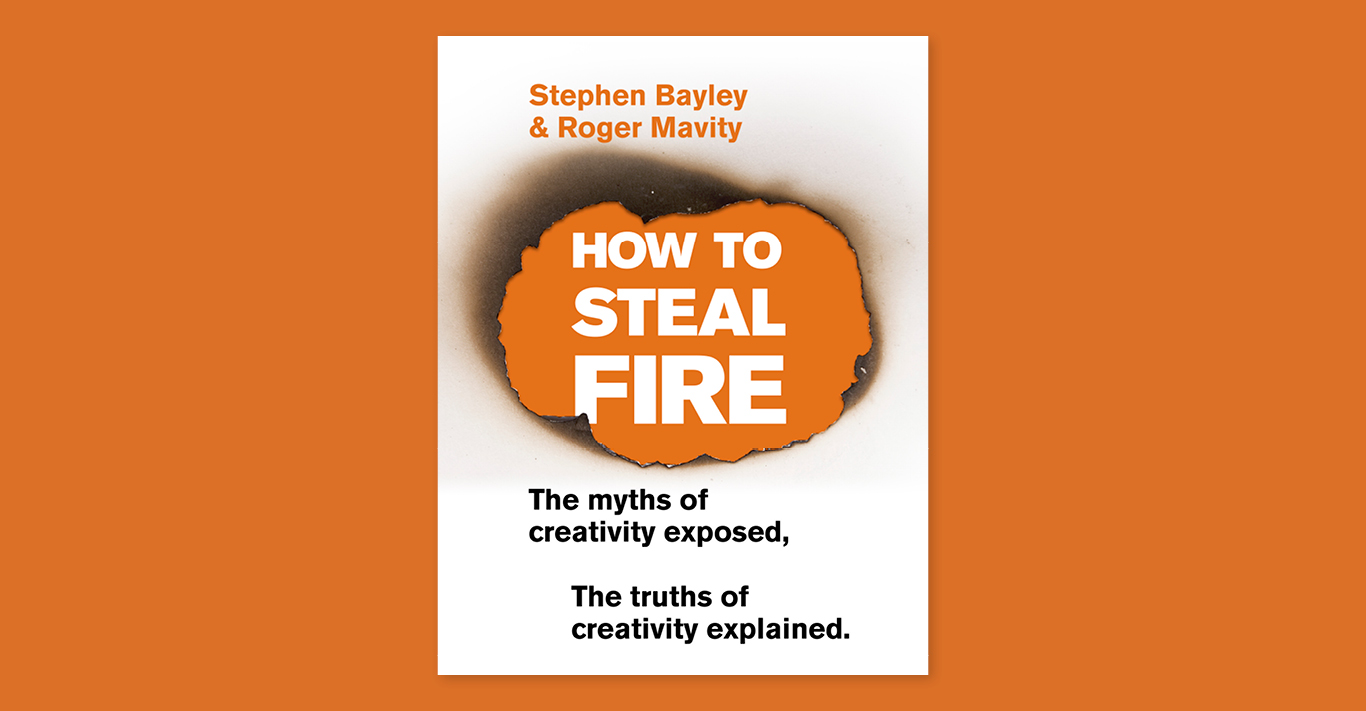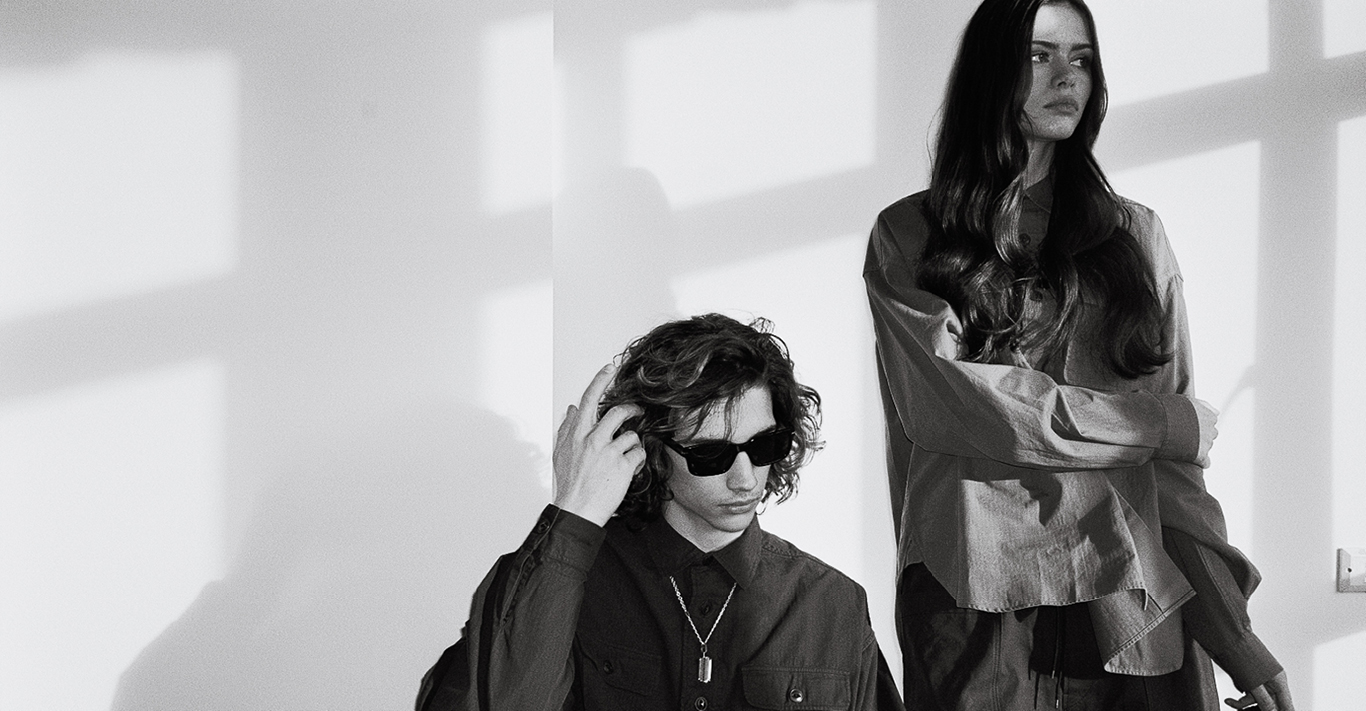WORDS
Stephen Bayley
How To Steal Fire is a guide for the oppressed. Which is to say, people who are bored by everyday tedium. People who reject routine. People who think, ‘If everyone is different, I want to be the same’. It’s a manifesto for those who want to zig when others zag. Or, perhaps as the Obamas did, go high when others go low.
It is an imaginative book about creativity. How could a book on creativity be anything other than imaginative? But it’s not about how to write a symphony or knit an exciting jumper, it’s about individuals reclaiming themselves from the anonymous dreariness of a data-driven, collectivised, faceless culture.
Maurice Saatchi once said that creativity is the last legal way of getting an unfair advantage in business. But if creativity is legal, it is not always moral or ethical. In a signature act of creativity, Prometheus stole fire from the gods. Theft is often involved in creativity.
Creative people are entirely comfortable with theft: Picasso said ‘Good artists copy, great artists steal’. Although some people attribute this epigram to T.S. Eliot. Perhaps they stole it from each other… which rather proves the point. Anyway, ‘steal like an artist’ is one way to avoid oppression.
And creative people do not bother to indulge their audiences, being more inclined to please themselves. David Bowie said: ‘All my big mistakes are when I try to second-guess or please an audience. My work is always stronger when I get very selfish about it’.
But creativity remains a most uncertain matter. Einstein said: ‘If I knew what I was doing, it wouldn’t be research’. Miles Davis, when asked what he was going to play, replied: ‘I’ll play it first and tell you what it is afterwards’. Some people would call that difficult and cussed. Others would call it creative. But the results are there for everyone to admire.
Steve Jobs, founder of Apple, said: ‘creativity is just connecting things’, although he perhaps intuited it was rather more as well. He was also very good at collecting, or, as some would say, stealing. In Jobs’ case, connecting a GPS-enabled, cellular phone with a touchscreen to the internet to create the smartphone. Both the cellular network and GPS, as well as the internet, existed before the iPhone of 2007, but Jobs’ connection changed the world forever. He saw something no-one else had seen.
Michael A Freeman is a Californian psychiatrist who has made a study of entrepreneurs. He finds that entrepreneurial ‘creativity’ involves high energy levels and a tolerance of risk. Together with impulsive behavior. He says ‘Another way to look at impulsivity is a need for speed, a sense of urgency, higher motivation and greater restlessness.’ Annoying, in other words.
Creative people do not behave in an extraordinary way. Nor do they have predictable responses. When asked what he would save if his house burning down, Jean Cocteau said ‘the fire’.
They are impossible, but we would not want to live without them.
How to Steal Fire, by Stephen Bayley and Roger Mavity, is published on 7th March. Stephen Bayley is a journalist, author and former chief executive of the Design Museum





